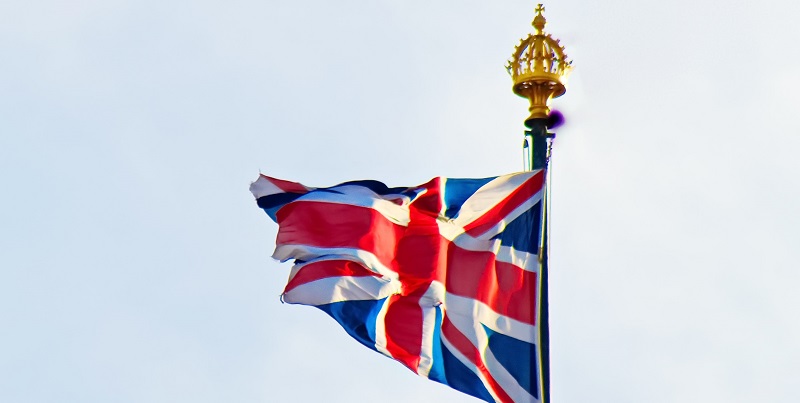Artificial intelligence (AI) technology has been advancing at a rapid pace in recent years, and with it comes the growing concern of deepfakes. Deepfakes are AI-generated photos or videos that manipulate visual content to create a new, often misleading perception. As the use of deepfakes has become more prevalent, the need for regulation and labeling of AI-generated visual content has become increasingly important. The United Kingdom (UK) is one country that is taking this concern seriously.
The UK is considering a new law that would mandate the labeling of all artificial intelligence-generated photos and videos. The law would address the concerns surrounding deepfakes, and it would also regulate the rapid advancement of AI technology. Under this new law, pictures and videos created through AI algorithms would be required to be clearly labeled, providing consumers with a better understanding of the authenticity and potential manipulation of the visual content.
The new law is currently under consideration by UK Prime Minister Rishi Sunak. Additionally, the UK government plans to develop national guidelines for the AI industry, which will be presented at an upcoming global safety summit in the autumn. These proposed laws are intended to serve as a model for international legislation, demonstrating the UK’s commitment to regulating and monitoring AI technology.
In addition to new laws, the UK government has initiated the establishment of a British AI safety agency. The agency would be tasked with assessing powerful AI models to prevent them from deviating from intended objectives and to safeguard against the potential misuse of AI technology. This initiative demonstrates the UK’s dedication to protecting consumers from the risks associated with AI, as well as strengthening public trust in the technology.
Deepfakes continue to generate serious apprehension on a global scale. The impact of deepfakes can be significant, from misinforming the public to damaging reputations and even undermining democracy. In response to these concerns, the European Union has recently called upon tech companies engaged in AI content generation to label their creations. Similar to the UK’s proposal, this initiative aims to promote a better understanding of the authenticity and potential manipulation of visual content.
The UK’s proposed laws and initiatives regarding the labelling and regulation of AI deepfakes demonstrate the country’s commitment to the future of AI technology. As the use of AI technology becomes more prevalent, the need for regulation and vigilance regarding deepfakes will only continue to increase. The proposed laws and the establishment of a British AI safety agency will not only protect consumers from potential harm but also foster trust in the technology. By taking the lead in this matter, the UK is setting a precedent for other countries to follow and encouraging international cooperation in addressing this issue.

